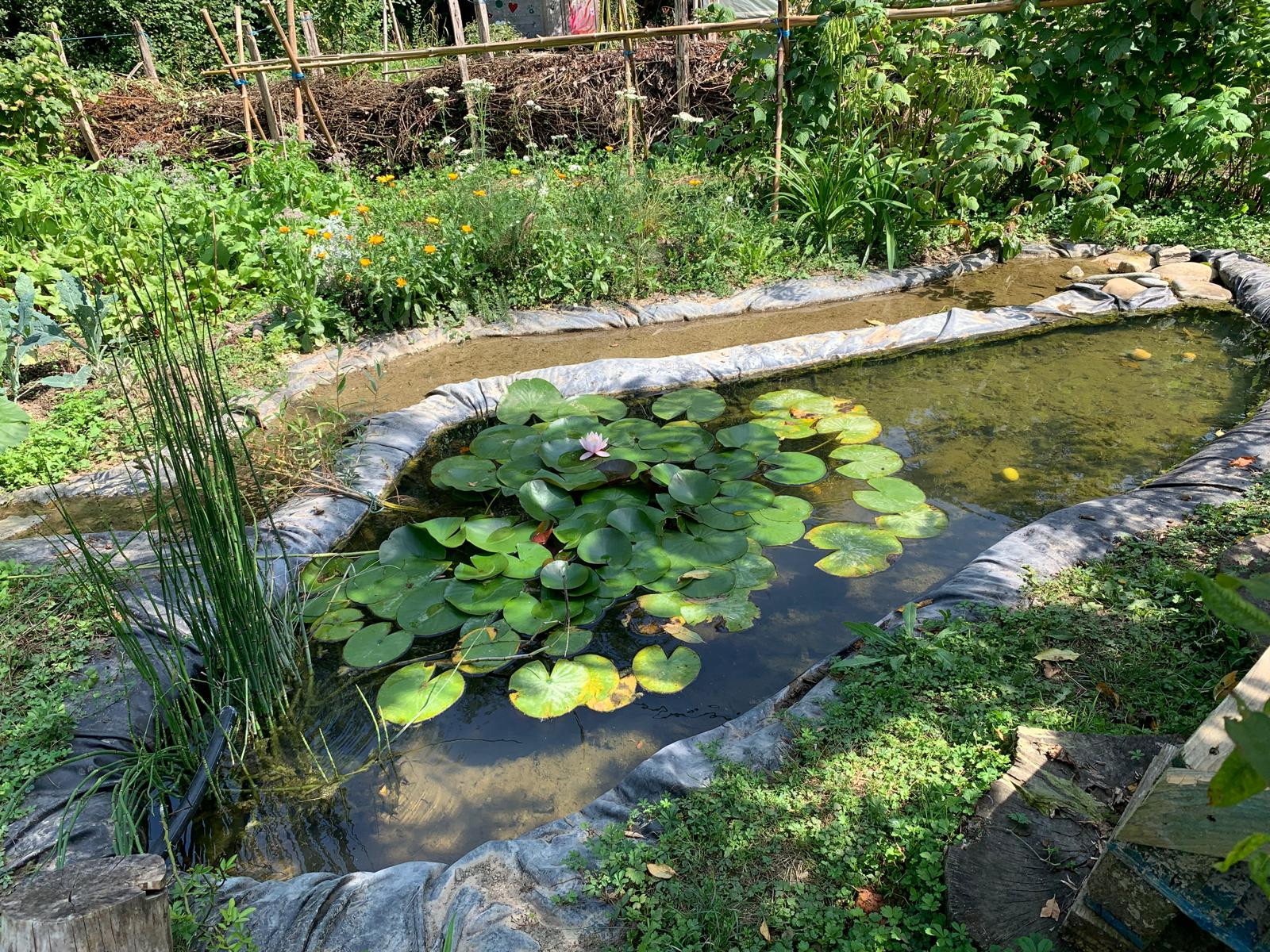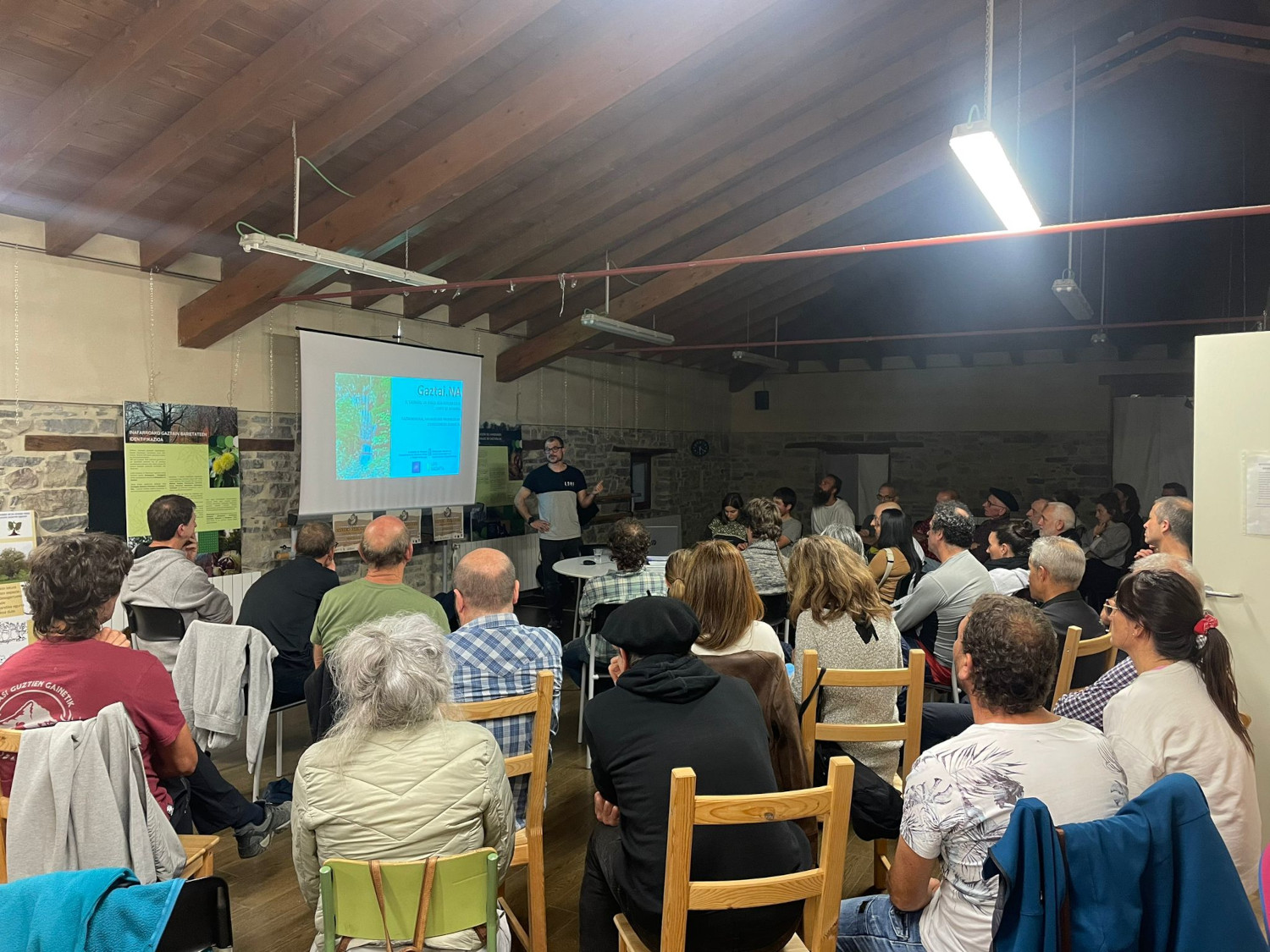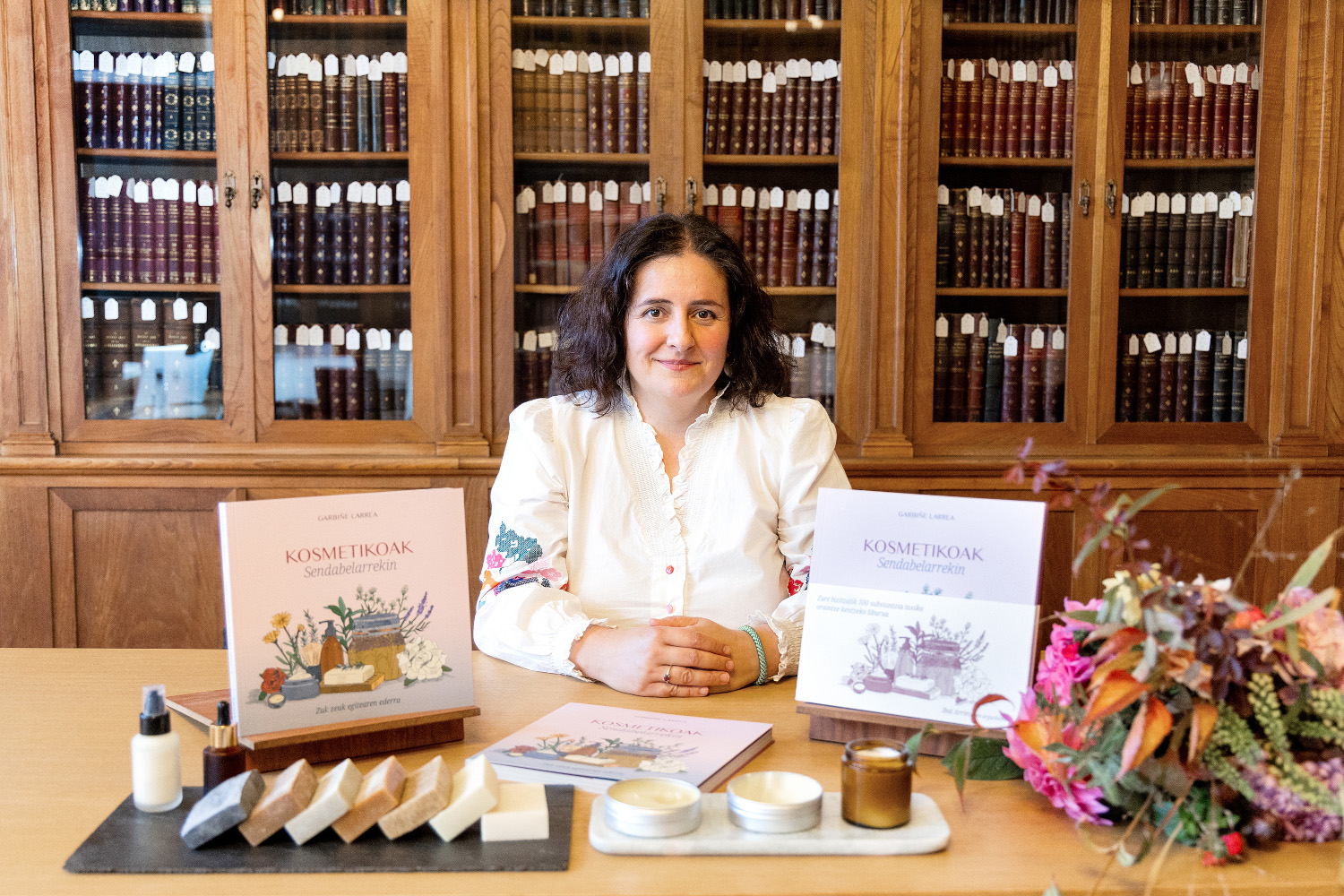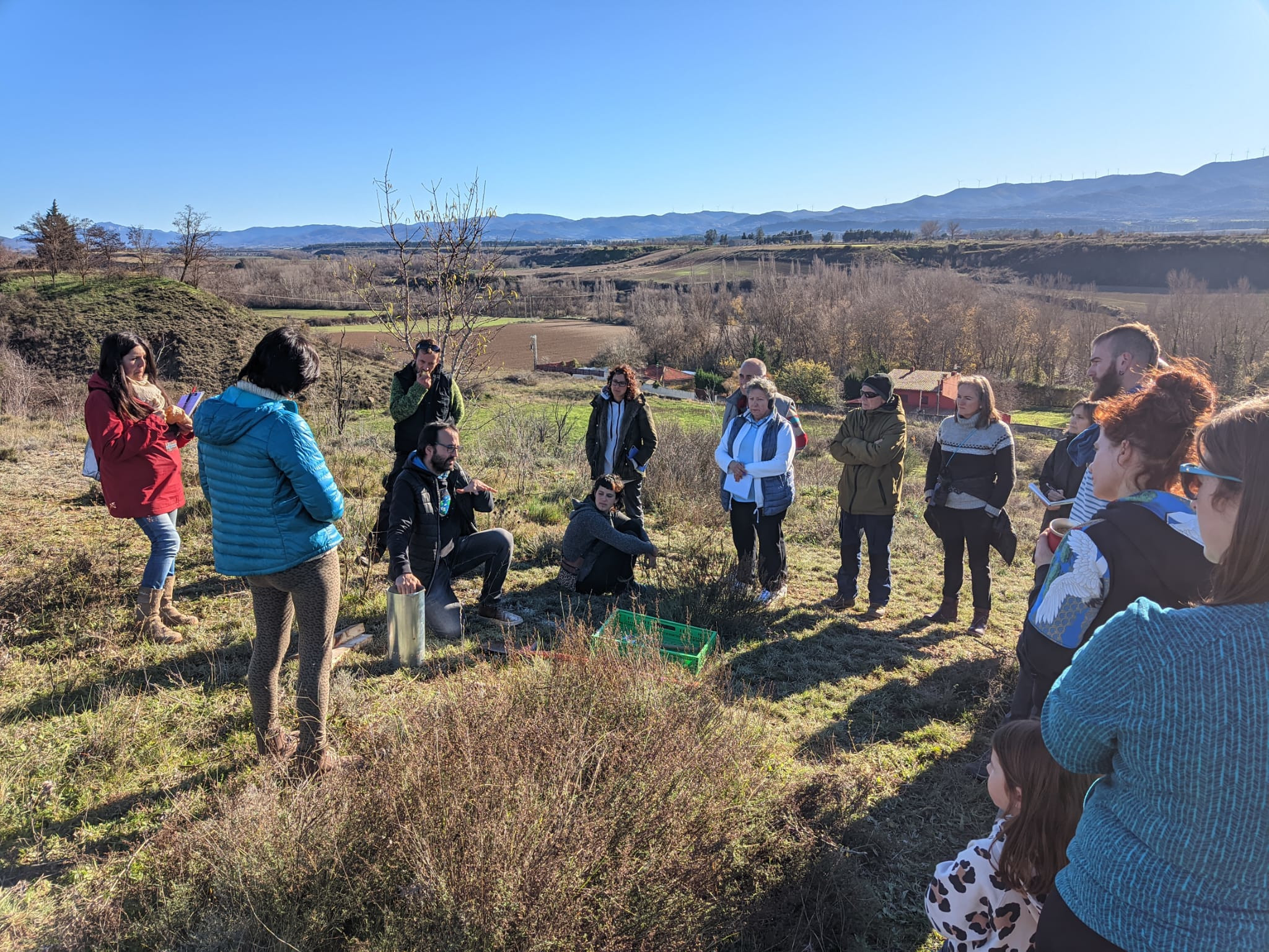“We assume the transformation of dairy to not be so dependent”
- It is a dairy company in Etxarri-Aranatz. In 2005 the brothers Aberri and Urtzi Barandalla Fernandino decided to give continuity to the farmhouse and the milk production of their parents, but in the way they worked important changes were made to minimize the dependence of external companies. “After several years working outside, we decided to live from the farmhouse, but we saw that to gain independence we could no longer sell all the milk to the plant and buy food from outside,” explains Aberri Barandalla. Along with Edurne Albarracín Igoa, the three partners are about ten workers, according to the time.

Some of the milk they produce is still sold to plants in Jeingen, but with a large part they produce their own dairy. “Cow cheese, natural yogurt, fresh cheese, milk, drop down cream and rulo are the products we make,” says Aberri Barandalla. The project members built a space for transformations in the house itself, where they work two or three days a week. This was one of the siblings’ main wagers in relieving, but not the only one.
“Our philosophy is to create sufficient fodder for cows in our lands so that companies abroad have to buy as little as possible and reduce dependency in this field,” he explained. It adds, however, that it is necessary to adapt to what has been said, as this year’s drought has brought with it very little collection of maize and grass and foresees a harsh year. Milk cows are found on the farm because they have milking machinery inside and lack sufficient land in the farm environment. They also have beef cows, which they do have grazing out. “They spend most of the year out and in summer we go up to Urbasa,” he says.
Part of Sakana's agricultural movements
Aware of the critical situation in the primary sector and especially in the dairy sector, Barandalla advocates collaboration: “Meeting with each other and creating something cooperative would be a good way for us to also have the right to get sick and enjoy holidays. Otherwise, the situation is difficult today, and it is impossible for a young man to start from scratch,” he says. In this regard, Jeingenen participates in various projects that have emerged around agriculture in Sakana, such as the Belardi Association for Agroecology or the Sakana Tasting.
“Our volumes are not very large, our cows operate well below the usual, but quality is our strong part. In the end, closeness is the base and distribution is done by ourselves”, he adds. In small shops, restaurants, consumer groups and fairs their dairy products are sold, and in Altsasu there is also a milk supplier. “Everyone has to look for their formula and their corner,” concludes Barandalla.






















